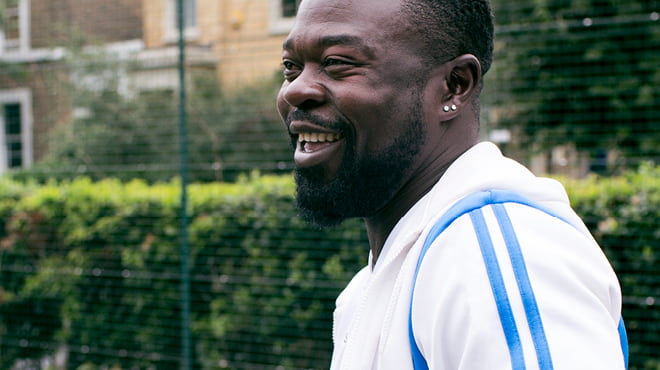
made personal.
Recent Posts
Telestroke Services & Treatment
Getting prompt neurological evaluation increases the possibility that you may receive clot-dissolving therapies called thrombolytics or other clot-retrieving procedures in time to reduce disability and death resulting from stroke. Telestroke uses offers communication for doctors with advanced training to remotely evaluate a patient who has had an acute stroke using digital video cameras, internet telecommunications, robotic telepresence, mobile devices and other technologies
Learn more about telestroke:
How telestroke works
In telestroke at Mayo Clinic, your local provider and the vascular neurologist trained in blood vessel conditions provide care in your local community and may be able to avoid the need for transfer to another medical center.
Telestroke operates on a hub-and-spoke system. Mayo Clinic hospitals serve as the primary medical center, or the hubs, and affiliated hospitals in Mayo Clinic Health System, Mayo Clinic Care Network and beyond serve as the spokes. In telestroke, a vascular neurologist at the hub consults with providers and patients who have acute strokes at the remote sites, or spokes.
In telestroke, many people work together as a team, including a program manager, clinical coordinator, vascular neurologists, neurosurgeons and radiologists at the hub site, and emergency medicine doctors and other staff at the spoke site. Radiology technicians, informational technology staff, nurses, nurse practitioners and other staff also are important members of the telestroke team.
Telestroke consultation
In a telestroke consultation, an emergency medicine provider at your hospital (the spoke) will examine you. If the local provider suspects an acute stroke, they will activate the telestroke hotline at Mayo Clinic — the hub hospital which has a dedicated hotline and group paging system, and vascular neurologists on call 24/7/365. The neurologist usually responds within just a few minutes.
After you have a CT scan at your hospital, the neurologist at Mayo Clinic performs a live, real-time audiovisual consultation. The neurologist may discuss your medical history and review your test results. They will evaluate you, review the CT scan remotely, work with your local provider to determine the most appropriate treatment and send the treatment recommendation electronically back to the your hospital.
Having a prompt evaluation increases the possibility that clot-dissolving therapies called thrombolytics can be delivered in time to reduce stroke-related disability. To be effective, clot-dissolving therapies must be given as soon as possible after onset of symptoms, optimally within three hours after you experience symptoms. Sometimes those medications are used up to four and a half hours after symptom onset. There may be other advanced therapies that can be recommended by the stroke specialist.
Telestroke benefits
Telestroke offers several benefits, including:
- Expertise and experience
Spoke hospital physicians work with Mayo Clinic neurologists who have expertise and experience in evaluating and treating people who have had a stroke or have other brain and blood vessel conditions, also called cerebrovascular conditions. Mayo Clinic's campuses in Arizona, Florida and Minnesota, and Mayo Clinic Health System sites in Eau Claire and La Crosse, Wisconsin, are certified as stroke centers by The Joint Commission, a national organization that evaluates and accredits healthcare providers. - Team approach
At Mayo Clinic hub hospitals, a dedicated staff of neurologists trained in blood vessel conditions, or vascular neurologists; brain surgery, or neurosurgeons; brain imaging, or neuroradiologists; and telestroke work as a team with spoke hospital doctors and other providers at community hospitals. - Individualized care
Mayo Clinic Health telestroke staff give you individualized care and serve you in your community. - Technology
Vascular neurologists at Mayo Clinic use several advanced technologies in telestroke, depending on your hospital's location and available resources. - Research
Mayo Clinic physicians are actively studying stroke and telestroke, including the most advanced treatments for stroke, new technologies and other aspects of stroke care. - Answers you can trust
We assemble a team of specialists who take the time to listen and thoroughly understand your health issues and concerns. We tailor the care you receive to your personal healthcare needs. You can trust our specialists to collaborate and offer you the best possible outcomes, safety and service. Our patients tell us that the quality of their interactions, our attention to detail and the efficiency of their visits mean healthcare — and trusted answers — like they've never experienced.
Learn more about stroke.


